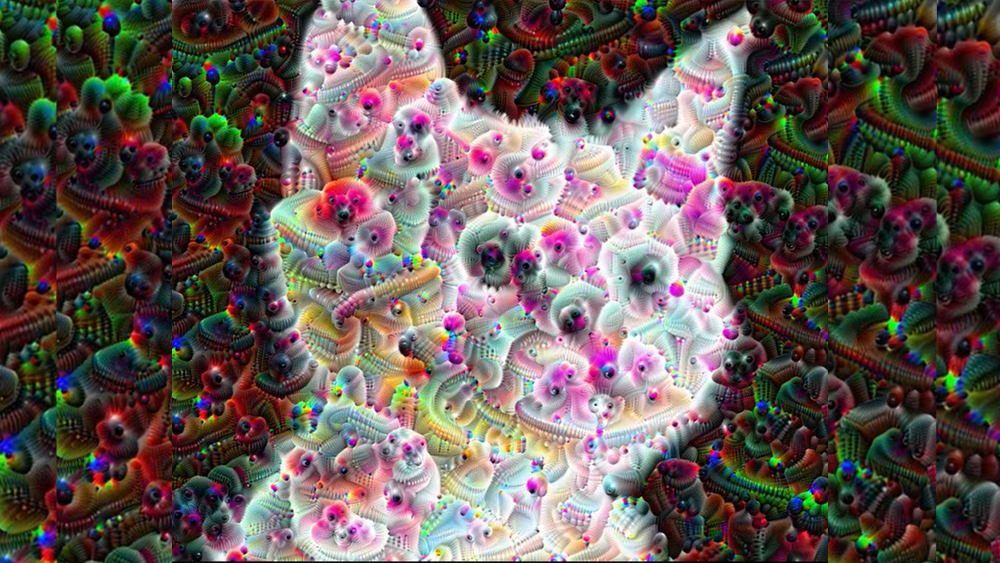
"AI may not be able to think, but it seems it may be possible to generate something like experiences that the human mind can go through."
"The brain's recollections of images are based on meaning not pixel values, and it's this that affects the distortions humans see after taking psychedelics."
"The results were impressive, showing a resemblance to actual psychedelic experiences, raising questions about the thresholds of AI's creative and experiential capacities."
"Despite AI not understanding meaning inherently, the experiment demonstrated potential pathways for simulating complex human experiences through advanced model training."
A YouTuber explored the potential of AI image generators to replicate psychedelic experiences by training an AI model using OpenAI's CLIP and SDXL. He aimed to overcome the challenge of simulating human memory recollections based on meaning rather than pixel values. By distorting model parameters and injecting noise into the latent space, he produced outputs that resonated with individuals familiar with psychedelics. The experiment showcased AI's capacity to generate hallucination-like images, further blurring lines between AI creativity and genuine human experience.
Read at Creative Bloq
Unable to calculate read time
Collection
[
|
...
]